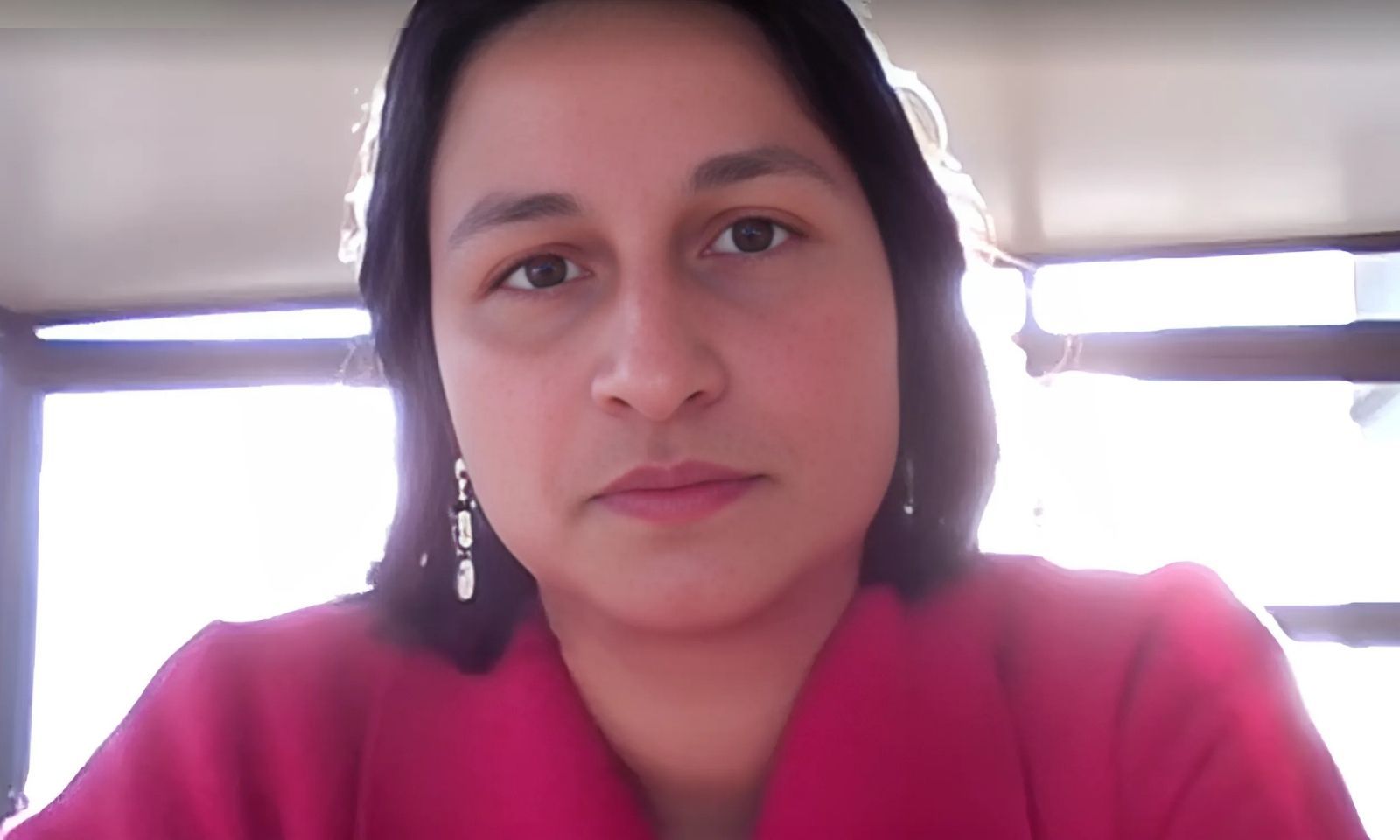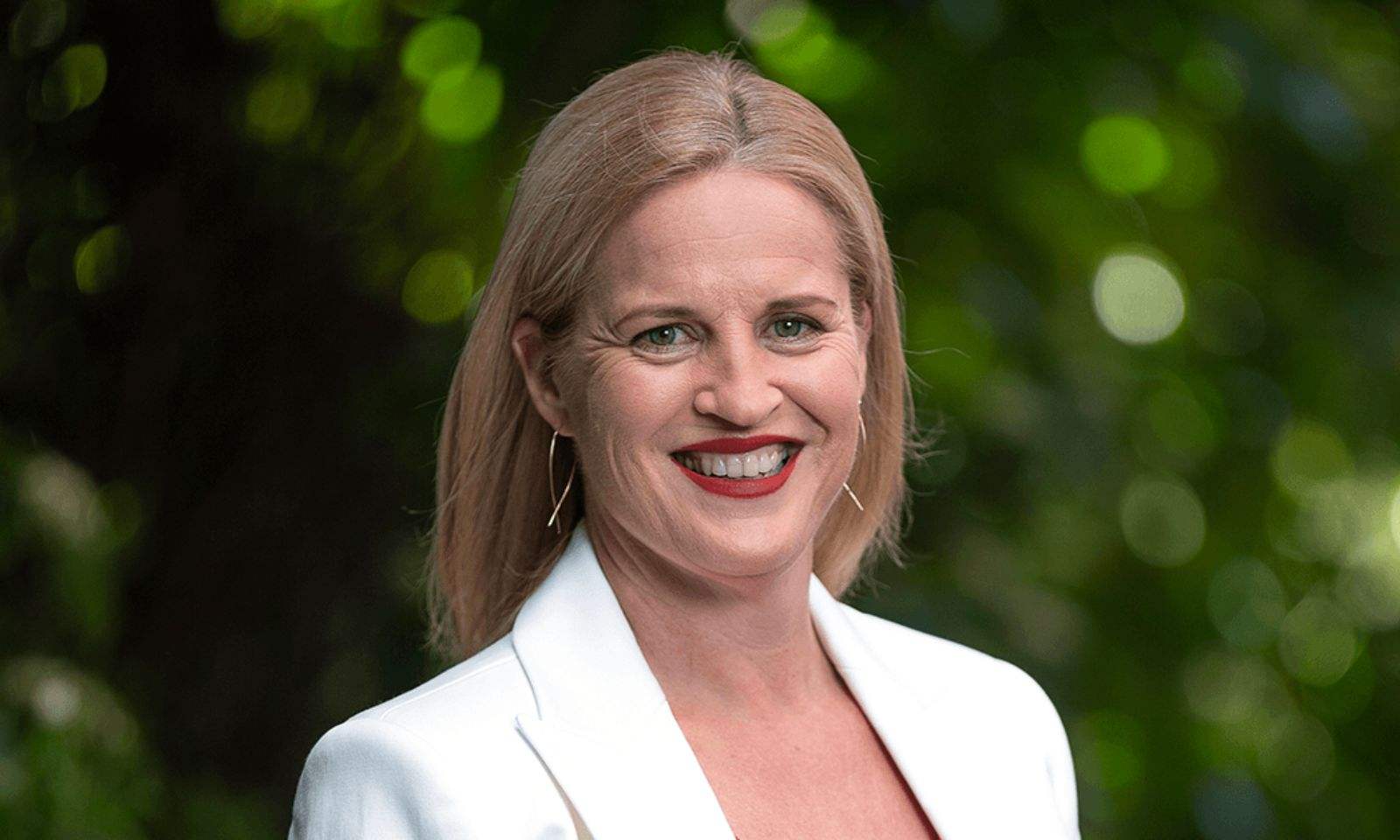

Tonight is your last chance to have your say on the Social Security Amendment Bill. Photo /Website/parliament.nz.
Photo: Website/Parliament NZ.
Benefit bill submissions close tonight: Advocates warn of hardship risks
Final call for public feedback on Social Security Amendment Bill amid warnings of risks to low-income households.



Operation Xmas Drop 2025: US and allies deliver hope to remote Pacific communities

Our generosity is our strength but we must spend wisely this Christmas - expert

Heading off on a roadie? Here’s how to keep your car and whānau safe


Operation Xmas Drop 2025: US and allies deliver hope to remote Pacific communities

Our generosity is our strength but we must spend wisely this Christmas - expert
Tonight is your last chance to express your opinion on the Social Security Amendment Bill.
The deadline for public submissions is approaching, raising concerns from organisations like the Child Poverty Action Group.
The proposed legislation aims to implement stricter conditions for job seekers.
Key changes include requiring reapplications every 26 weeks, introducing partial income restrictions, and imposing community work obligations.
Child Poverty Action Group (CPAG) has voiced its concern, warning that these measures could threaten the basic rights and wellbeing of low-income families, including those with children.
Sarita Divis, CPAG Executive Officer, said the “so-called non-financial sanctions” would still have financial consequences for people with children.
“Sanctions proposed in the Bill include a ‘Money Management’ system where 50 per cent of a person’s benefit is placed onto an MSD payment card that can only be used to buy certain items at approved stores,” Divis said.
"Many people on income support are paying more than 50 per cent of their income in rent.
“This sanction risks people not being able to make their rent payments and becoming homeless."

Sarita Divis. Photo: Facebook/531pi.
The bill proposes several amendments to the Social Security Act 2018, including:
Jobseeker beneficiaries must reapply every 26 weeks (previously 52 weeks), with interviews required for eligibility assessments.
Up to 50 per cent of benefits could be placed on electronic cards, restricting spending to approved purposes.
Beneficiaries may be required to complete community work as a non-financial sanction for non-compliance.
Divis questioned the proposed “Community Work” requirement, saying Official Information Act requests revealed that participation in these programmes, along with the Money Management scheme, could restrict access to emergency housing and special needs grants.
“Yet most benefits don’t cover living costs, and many people and their children rely on those supports for keeping food on the table and a roof over their heads," she said.
The bill also aims to require people to reapply for their benefits every six months instead of every 12, with noncompliance leading to penalties lasting two years.
Community advocate Latayvia Tautai interviewed by Pacific Mornings about the bill.
Louise May, National Policy Advisor for the Citizens Advice Bureau (CAB), said the changes would increase the risk of benefits being cut or cancelled.
"In the CAB, we witness the difficulties job seekers often experience in trying to make their applications and navigate the system,” May said.
“We regularly help people who have had their benefits cut or cancelled through error or mishandling of their case or because they happened to miss a phone call or appointment.
“Increasing the interactions people must have with Work & Income and tying sanctions to those interactions exposes people to greater risk of harm."
While government officials argue that these changes will help more people transition into work, critics insist they could harm Pacific, Māori, and other vulnerable groups.
Supporters of the bill say it will improve employment outcomes, citing partnerships with Pacific organisations and community-led programmes to assist people in securing paid work.

Social Development Minister Louise Upston. Photo: Supplied.
The Minister for Social Development, Louise Upston, defended the bill as a proactive measure to help beneficiaries transition into the workforce.
She highlighted “non-financial” sanctions that would retain full payments and a 26-week reapplication cycle aimed at reducing procedural barriers.
She said the Pacific Prosperity action plan and community-led employment programmes, which have received $7 million to train over 900 Pacific people in fields such as technology, healthcare, and construction, were proof of the Government’s commitment to underserved communities.
Upston also described the new community work experience option as a way for job seekers to develop skills, confidence, and valuable connections.
Submissions on the bill close tonight at 11.59pm, click here to make a submission.